Electronic music, a genre that has shaped the soundscapes of the modern era, is not merely a form of music but an evolution of sound itself. Born from the marriage of technology and artistic expression, electronic music has transcended boundaries, defied conventions, and fueled revolutions in the world of audio production. In this blog post, we'll embark on a journey through the vibrant history, diverse subgenres, and global impact of electronic music.
The Birth of Electronic Music
The roots of electronic music can be traced back to the early 20th century when pioneers like Luigi Russolo, inventor of the Intonarumori (noise machines), and Leon Theremin, creator of the Theremin, explored the uncharted territory of synthesized sounds. However, it was the mid-20th century that witnessed a significant leap with the development of the first analog synthesizers and the advent of musique concrète, an experimental form of music created from recorded environmental sounds.
The Rise of Synthesizers
One of the defining moments in the history of electronic music was the invention of the Moog synthesizer by Robert Moog in the 1960s. This revolutionary instrument allowed musicians to craft entirely new sonic landscapes by manipulating voltage-controlled oscillators. Artists like Wendy Carlos, with her groundbreaking album "Switched-On Bach," and bands like Kraftwerk, started to push electronic music into the mainstream.
The Birth of Subgenres
The electronic music scene is incredibly diverse, with numerous subgenres tailored to various tastes and moods. From the pulsating beats of techno to the dreamy ambiance of ambient, from the raw energy of drum and bass to the melodic beauty of trance, there's something for everyone in this genre. Each subgenre represents a unique sonic experience, making electronic music a versatile and ever-evolving art form.
The Global Phenomenon
Electronic music has transcended borders and languages to become a global phenomenon. Festivals like Tomorrowland, Ultra Music Festival, and Burning Man have become iconic events that unite people from all corners of the globe. The rise of electronic dance music (EDM) has transformed these gatherings into mass celebrations of music, art, and culture.
The Impact on Pop Culture
Electronic music has infiltrated pop culture in a big way. Artists like Daft Punk, The Chemical Brothers, and The Prodigy have enjoyed international stardom. Elements of electronic music have also been incorporated into mainstream pop and hip-hop, with artists such as David Guetta, Skrillex, and Diplo collaborating with chart-topping acts.
Electronic Music in the Digital Age
The advent of digital technology has further democratized music production. Now, aspiring musicians can create their own electronic music with software synthesizers and digital audio workstations. This accessibility has led to a surge in bedroom producers and a constant stream of fresh, innovative sounds.
The Future of Electronic Music
As we step into the future, the possibilities for electronic music are limitless. With the advancements in artificial intelligence and virtual reality, we can expect new dimensions in audiovisual experiences. Genres will continue to evolve, blend, and diversify, while electronic music's impact on culture and society will remain profound.
Conclusion
Electronic music has come a long way from its experimental beginnings to becoming a global cultural force. Its history is rich with innovation and diversity, and its future is promising, with ever-evolving sounds and technologies. Whether you're a fan of thumping basslines, ethereal melodies, or abstract soundscapes, electronic music offers a universe of sonic exploration waiting to be discovered. So, plug in, turn up the volume, and let the electronic beats transport you to new dimensions of sound.
*For more information, check out these videos:
Kraftwerk - The Robots (Official Video)
https://www.youtube.com/watch?v=D_8Pma1vHmw

